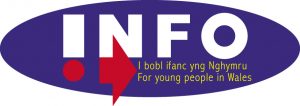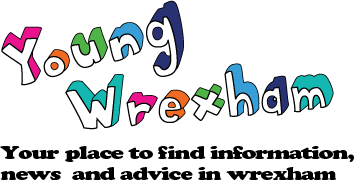Debt
Debt is when you owe money to someone. Debt and money issues can be split into two categories, money management problems and debt problems.
A money management problem – this is where you do have sufficient income to cover your essential expenditure (food, travel, rent/mortgage etc.) and credit commitments but you basically spend too much on non-essential items. In these circumstances, you require budgeting advice and need to reduce the amount you spend on discretionary items such as clothes, eating out etc.
A debt problem – this is where you do not have sufficient income to cover both essential expenditure and monthly credit commitments. In these circumstances, you will need to seek advice from a national debt charity (such as National Debtline or Debt Advice Foundation), who will recommend the most appropriate solution for your situation (whether that be Administration Order, Debt Relief Order, Debt management, Bankruptcy, Equity Release or Individual Voluntary Arrangement for example – it’s very complicated and which solution is right for you depends on how much you owe, how much you have available to pay back to your creditors each month and whether you have any assets you wish to protect, such as your home).
Most people will find themselves in debt at some point in the life, whether it is money you owe for a credit card bill or a student loan.
Debt only becomes a problem if you find yourself owing money that you can’t pay back.
If you are in debt that you can’t repay, the most important thing is not to panic and don’t ignore the problem – it won’t go away.
If you have problems with debt, you must address them as soon as possible. There are people who can help you and plenty of ways to help you reduce your debt.
If you are in debt, talk to someone. It might help to tell a family member or friend who could help you or you could talk to the Citizens Advice Bureau for free and confidential advice.
There are different types of debt, depending on their priority to pay the money back.
Priority debts
Priority debts are the debts that the creditors (the people you owe the money to) can take the strongest legal action against you if you don’t repay the money. These include:
- Mortgage repayments – the mortgage lender can take court action for possession of your home
- Rent – the landlord can evict you if you owe rent
- Income tax and VAT – you can be made bankrupt or imprisoned for non-payment of income tax or VAT
- Fines, such as magistrates court fines for traffic offences. If these are not paid, the court can use bailiffs to repossess your goods. If, after this, you still have arrears unpaid, you can be sent to prison
- Maintenance, child support or, council tax or rates. If these are not paid, a court can use bailiffs to repossess your goods. If, after this, you still have arrears unpaid, you can be sent to prison
- Gas, Electric and oil debts – if these bills are not paid you can have your supply disconnected
- Hire purchase (sometimes called ‘conditional sale’) will be a priority debt if it is for an essential item, for example, if you have bought a car on HP and need the car to go to work
- It is important to pay off any priority debts first before any non-priority debts
Non-priority debts
Non-priority debts include:
- Credit card and store card arrears
- Catalogue arrears
- Bank overdrafts and loans
- Benefits overpayments
- Hire purchase (sometimes called ‘conditional sale’) will be a non-priority debt if it is for non-essential goods like a TV
- Money borrowed from family or friends
- Although the creditors for non-priority debts can take court action against you if you do not pay and may send in the bailiffs, you cannot be sent to prison
The Money Advice Service has excellent sections on debt and borrowing including:
- Where to go to get free debt advice
- How to prioritise your debt
- Help if you’re struggling with debt
- Quick and easy debt health check
You can contact the Money Advice Service on:
0800 138 7777 (English)
0800 138 0555 (Welsh)
Typetalk: 18001 0300 500 5000

If you would like more information on this topic or you have questions please call into the INFO Shop or contact us on 01978 295600 / Instant message. If you leave us a message we will get back to you as soon as we can.
Funding Partners



